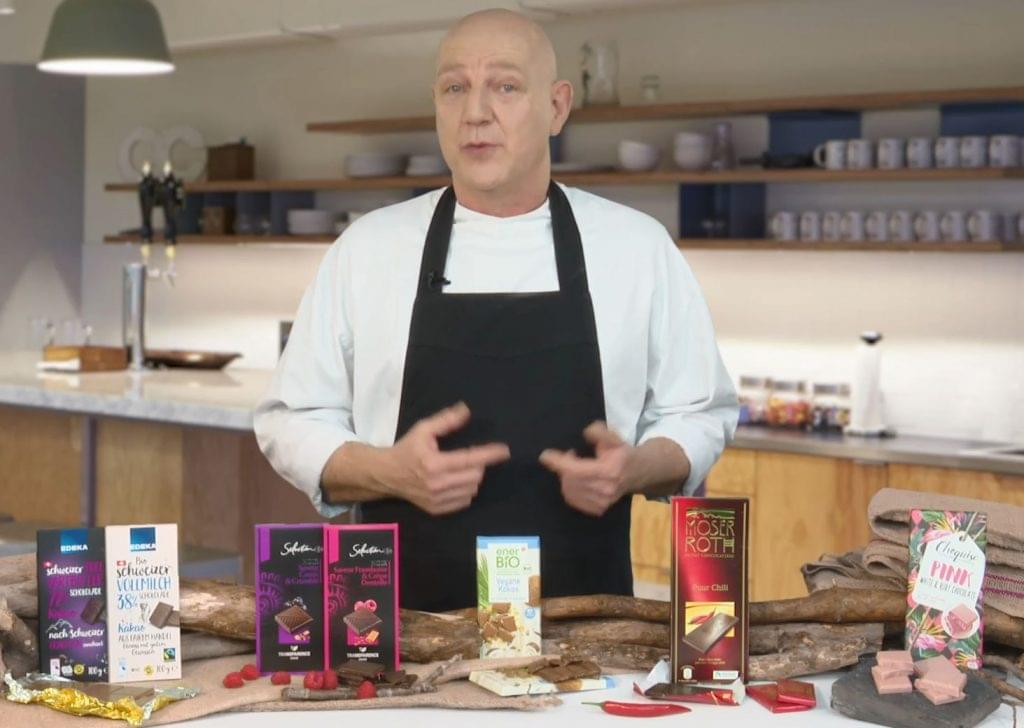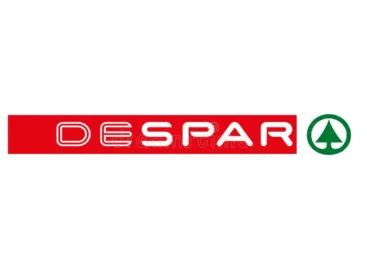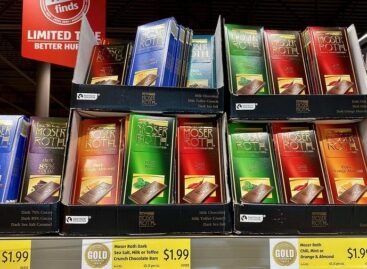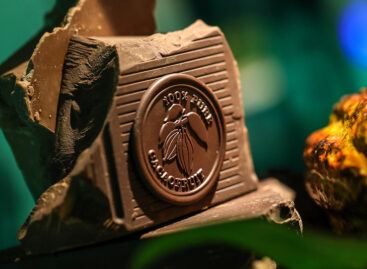Private Label Chocolates in the Kitchen
Chocolate has been a favorite, popularity and triumphant path for many of us for centuries. However, the category can be further developed, rediscovered, moved to trendy trends, in healthier and more exotic directions. PLMA chef Berry Pronk selected the most exciting own-brand chocolates from the shelves of European stores.

Berry Pronk a PLMA séfje csokoládé kóstolója
Berry Pronk, chef of the monthly video news program PLMALive.eu of the PLMA, gave in to the sweet temptation and took some really special chocolates into his kitchen in April to showcase and taste them.
The darker the healthier
“It’s no surprise that chocolate is one of the fastest growing private label category in supermarket selections” the chef begins his unusual cooking show. Many new versions, exotic flavors, sustainable packaging and continuous product development are the drivers of the category.
The dark chocolates of Edeka Schweizer and Bio Schweizer carry the Fair Trade logo, certifying that the cocoa beans come from farms using organic grown plantations. The product itself is made in Switzerland. In the chef’s experience, consumers are increasingly moving toward darker chocolate, which they consider healthier. For the same reason, “dark milk” milk chocolates with increased cocoa content are also becoming more popular. While normal milk chocolates contain up to 30%, dark milk variants contain 40% or more of cocoa. Edeka dark chocolate contains 72% and dark milk type chocolate 38% cocoa. The chef tasted the latter and highlighted the convincing taste of cocoa flavors, which also preserved the creaminess of the milk chocolates.
From France, Berry Pronk acquired two dark chocolate variants from Carrefour’s own selection of chocolates. The blackcurrant with crispy crumbs and raspberry pancake laces promises strange and special, exotic thrills at first hearing. Both feature the TRANSPARENCE cacao logo, which is the logo of a sustainable cocoa cultivation program, which is important because consumers want to buy not just one product, but an entire story. Carrefour is well acquainted with and harnesses the power of storytelling. The second variation is tasted by the chef. According to him, in addition to the rich judgment of the dark chocolate, the crispness of the pancake lace and the acidity of the raspberry prevail well and are extremely harmonious.
Aldi’s pure chili dark chocolate is known to consumers under the Moser Roth brand. The increase in the popularity of herbs and spices are related to health trends. Consumers are attracted to the spices of exotic landscapes like ginger, turmeric, chili. This product also bears the logo of the Fair Trade cocoa program mentioned earlier. It is not very spicy, it seems like a normal dark chocolate for the first bite, only to really feel its spiciness in the aftertaste, the tasting master reports.
Creamy vegan and millenial pink
German Rossmann also thought of vegan milk chocolate consumers. 100% organic and vegan is a chocolate delicacy marketed under the enerBIO brand name. The 80-gram board contains organic cocoa butter, coconut chips and spelled flakes. Chilled according to the merchant’s recommendation is the most delicious. The chef found it surprisingly tasty, mainly because of the really rich creamy, milky taste, which can surprise both vegan and non-vegan consumers.
Everyone knows the 3 basic chocolates well, but in addition to dark, milk and white, we can’t miss the fourth version since the end of 2017, ruby chocolate, which is made from a special cocoa bean. It is characterized by a natural pink color and fruity taste. It is especially liked by the millenials, members of Generation Y. This variant broke into the European market in mid-2018 and retailers soon fell in love with it. This is how Kruidvat got this 200 gram white and ruby chocolate blend called Pink under the Choquise umbrella brand. The chef definitely found it very sweet thanks to the white and ruby chocolate, but he also discovered a hint of raspberry and lemon flavor in it.
These variants also demonstrate that retailers are also contributing to the taste assortment of the chocolate category in Europe with their own branded products to meet the increasingly sophisticated and adventurous needs of their customers.
Ildikó Kátai
Related news
Aldi and Lidl cut prices of chocolate products
🎧 Hallgasd a cikket: Lejátszás Szünet Folytatás Leállítás Nyelv: Auto…
Read more >Related news
MOHU: 5,200 return points are in operation, but 47 larger settlements still do not have RE points – public “enema” machines may be introduced
🎧 Hallgasd a cikket: Lejátszás Szünet Folytatás Leállítás Nyelv: Auto…
Read more >GDP growth in OECD member countries slowed to 0.3 percent in the last quarter of last year
🎧 Hallgasd a cikket: Lejátszás Szünet Folytatás Leállítás Nyelv: Auto…
Read more >









